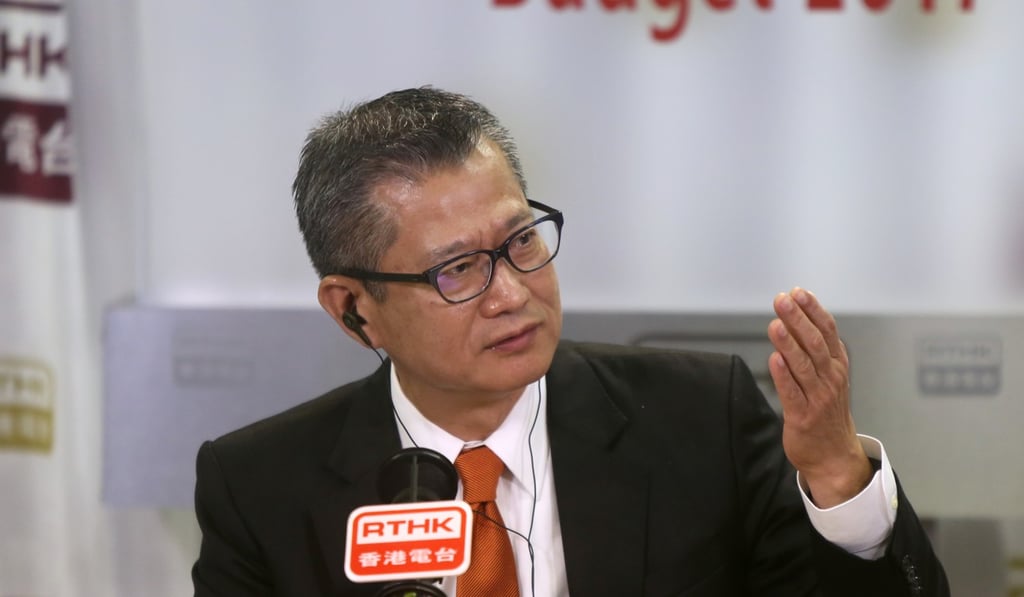Hong Kong will gain if aviation leasing takes off, but firms must give back to the community
Albert Cheng says tax incentives are a welcome move towards making Hong Kong an aviation leasing centre, but firms that benefit must be made aware of the need to invest in talents locally

The benefits for Hong Kong in becoming a centre for aviation leasing are obvious and considerable. According to Boeing Capital, over the next two decades China alone will need about 6,000 new aircraft, valued at more than HK$6 trillion, with about a third expected to be financed through leasing. Also, Airbus has forecast global passenger traffic to grow at an annual average rate of 4.9 per cent a year from 2013 to 2032.
China needs 3,200 more aircraft as travel booms, says Avolon
The move will also complement official efforts to boost travels in the “meetings, incentives, conferences and events” sector, especially with new convention and exhibition venues set to be created to meet a projected shortfall of 130,000 square metres by 2028.
Nevertheless, the budgetary incentive as it now stands is only half-baked, hardly adequate to enable Hong Kong to compete with Dublin and Singapore in this lucrative but competitive emerging market.
At present, profits from an aircraft leasing business in Hong Kong attract tax at the standard rate of 16.5 per cent, which is set to be halved, to 8.25 per cent. And for lessors who meet certain criteria, the tax payable could be effectively slashed to 1.65 per cent of net profit.

All these look appealing on paper. Officials are positive that once the tax breaks are in place, the aircraft leasing industry will take off. Their optimism is based largely on the success story of wine imports. Once levies were removed, the wine trade flourished. But the aircraft industry is far more complicated.